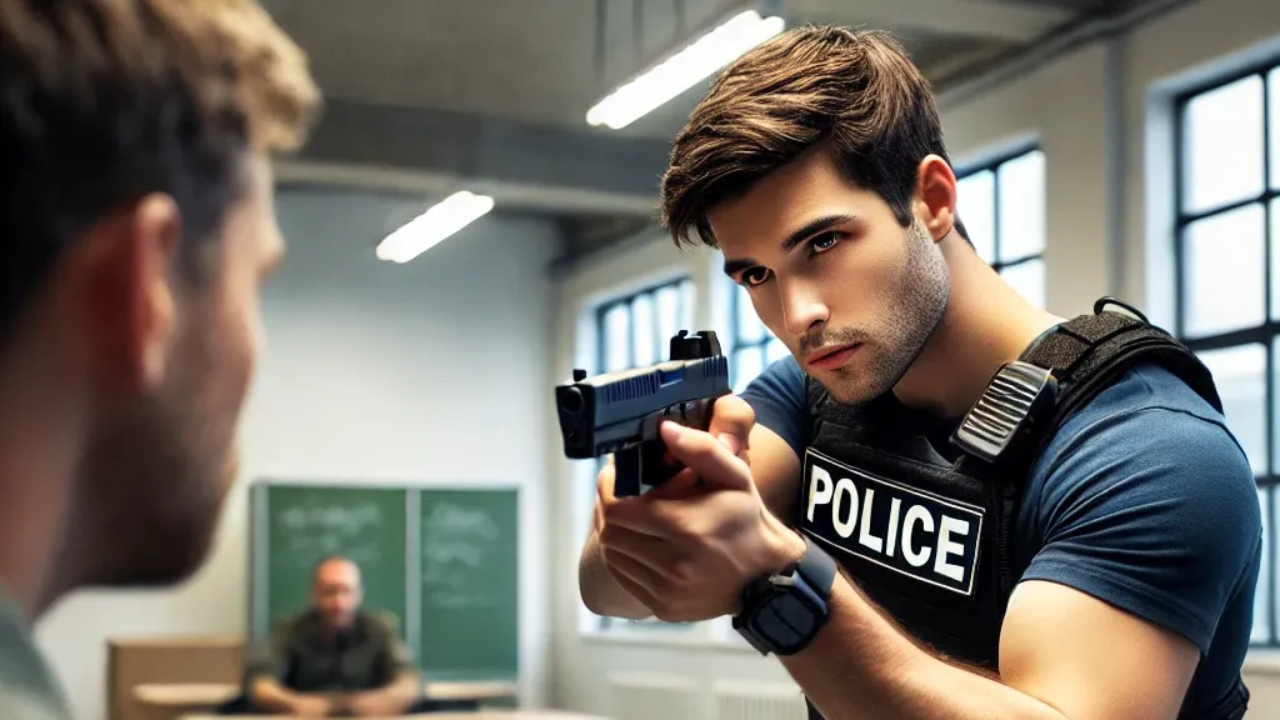
5 Tips to Master Scenario-Based Training at the Police Academy
Scenario-based training is one of the most impactful aspects of police academy preparation. It places recruits in real-world situations, challenging them to apply skills like communication, decision-making, and de-escalation in dynamic environments. Excelling in this training prepares you for the realities of law enforcement. Here’s how to succeed.
1. Understand the Purpose of Scenario-Based Training
Scenario-based training bridges the gap between classroom theory and fieldwork. It’s designed to simulate real-world situations, from traffic stops to active threats, giving recruits the chance to practice and refine their skills.
Tip: Approach every scenario with the mindset that it’s a real situation. This focus will help you gain the most from each exercise.
2. Practice Clear Communication
Many scenarios involve interactions with role players, making communication skills essential. Whether giving instructions or de-escalating conflicts, clarity and professionalism are key.
Tip: During training, practice using concise, respectful language and ensure your non-verbal cues—like body posture and eye contact—convey authority and empathy.
3. Hone Decision-Making Skills
Scenarios often require split-second decisions. Learning to assess risks, prioritize safety, and choose the best course of action under pressure is critical.
Tip: Use the OODA Loop (Observe, Orient, Decide, Act) to practice breaking decisions into manageable steps. This framework helps you stay calm and logical.
4. Focus on Teamwork and Coordination
Some scenarios involve working with teammates to achieve an objective. Effective teamwork ensures the situation is handled efficiently and safely.
Tip: Build trust with your fellow recruits by practicing communication and coordination during group drills.
5. Reflect and Learn from Feedback
Instructors will provide feedback after each scenario to help you improve. Listening carefully and reflecting on your performance ensures continuous growth.
Tip: Keep a journal of lessons learned from each exercise. Writing down what worked, what didn’t, and how you can improve will accelerate your development.
Excelling in scenario-based training requires focus, adaptability, and a willingness to learn from mistakes. By practicing communication, decision-making, and teamwork, you’ll be well-prepared to handle the challenges of law enforcement.
For more tips on succeeding in the police academy, visit www.armoganct.com.
Best,
Barbara
Armogan Training Team
Police Candidate Getting Started Workshop
Learn about every phase of the hiring process!!!
-Plus hidden BONUSES!!!
We hate SPAM. We will never sell your information, for any reason.
